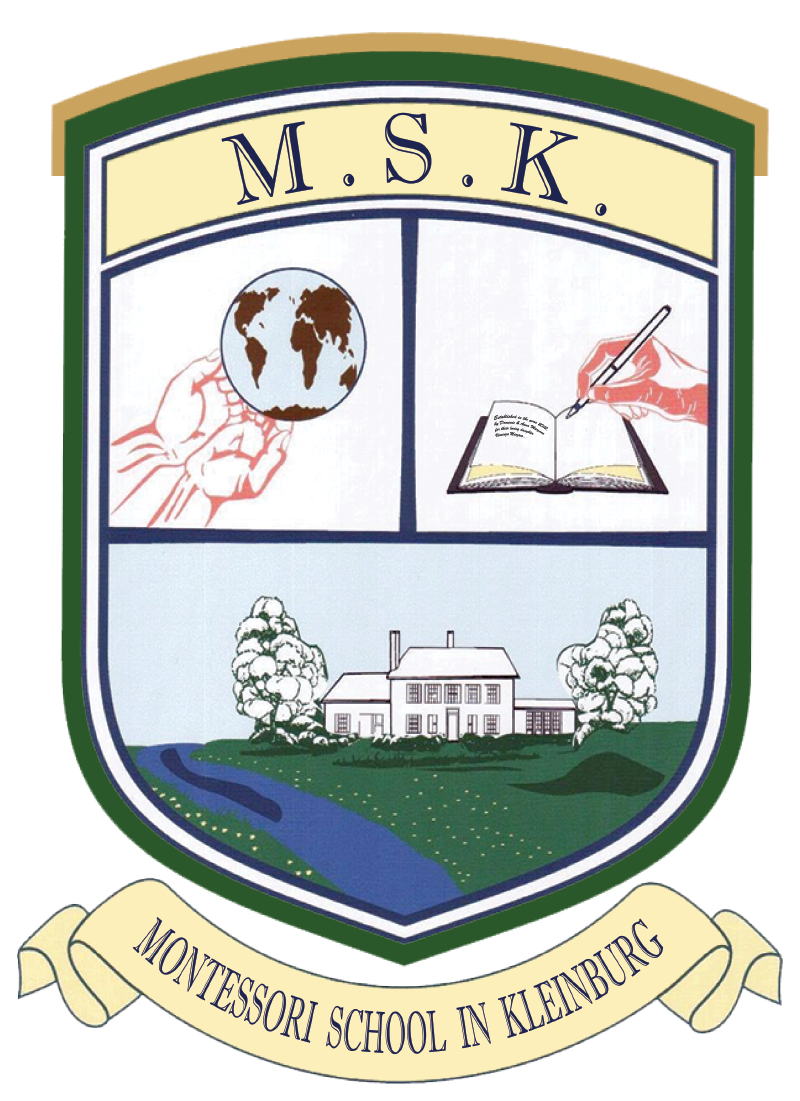Over the last few weeks, society has been forced to reflect on the role we play in deep-rooted racism and social injustices. These uncomfortable conversations that are in the media, our daily interactions and even during our most intimate moments of self-reflection are very important as it provides opportunities for growth and room for change to do better. As a whole, each and every one of us can do better when it comes to racism and inequality. MSK has always been committed to creating a learning environment that feels safe and inclusive for everyone; regardless of the colour of skin, sexual orientation, religious affiliation, age or gender – MSK is for everyone.
Contrary to popular belief, children see colour and physical differences in people. They see differences in the colours and shapes of bodies and recognize that someone may look different than the people they usually see in their own small worlds (Psychology Today, 2013). There are so many awkward situations where children ask about why people may look different than them and as an adult our instinct is to quickly shut down that conversation and most likely have a worried expression on our faces while doing so. This shows children that we don’t talk about the differences in people and that there is something wrong with that conversation.
As grown-ups, we often like to believe that we “don’t see colour” and in doing that we are doing a disservice to children. The advice is simple, the more you talk to your kids about racism and inequality the more aware they will be about it and less likely to develop racist habits.
The worst thing we can do is continue to sweep racism and prejudices under the rug any longer.
At our school, we work with children of all ages and the smallest of them being 18 months and studies show that children recognize racial differences as early as three. We thought that since we have intertwined empathy, compassion and justice in all our curriculum areas (as this is central to Montessori pedagogy) we have done our part in battling racism and other forms of discrimination. And, even though we may feel confident in our approach to diversity and inclusion, these last few weeks has shown us that a lot more work needs to be done. We need to amplify our conversations at MSK as withholding information on this topic might hurt a child’s ability to process issues about race and racism.
Below, we outline how we will encourage conversations that support diversity and inclusion while fighting racism (or any other discrimination) at MSK. Moving forward at our school, we will do the following:
- Share more materials that depict diversity; books, learning resources and materials that have various races, ethnicities and family dynamics will be used more frequently in our school.
- Support local organizations via fundraising efforts that support groups or initiatives that work towards the fight against discrimination or injustice within the Vaughan community and York Region.
- Invite people of colour as guest speakers. We will make an active effort to have speakers that reflect our diverse student body and MSK community.
- Create a school-based committee/ task force to discuss issues of race and inclusion. This group will help us make informed decisions and how to better support our school and wider community.
After reflecting and listening, there is still a lot of work to be done, especially when considering the important role we play in the lives of children each and every day. Moving forward these are the first additional steps here at MSK to ensure we remain committed to learning and listening about what our community needs and expects of us.
A friend of mine the other day compared this experience to learning to play the piano. You want to get better at it, so you keep trying, practicing and you don’t give up. Our heart is in the right place. We may not get it right all the time as we navigate this, but we are committed to learning and growing.










